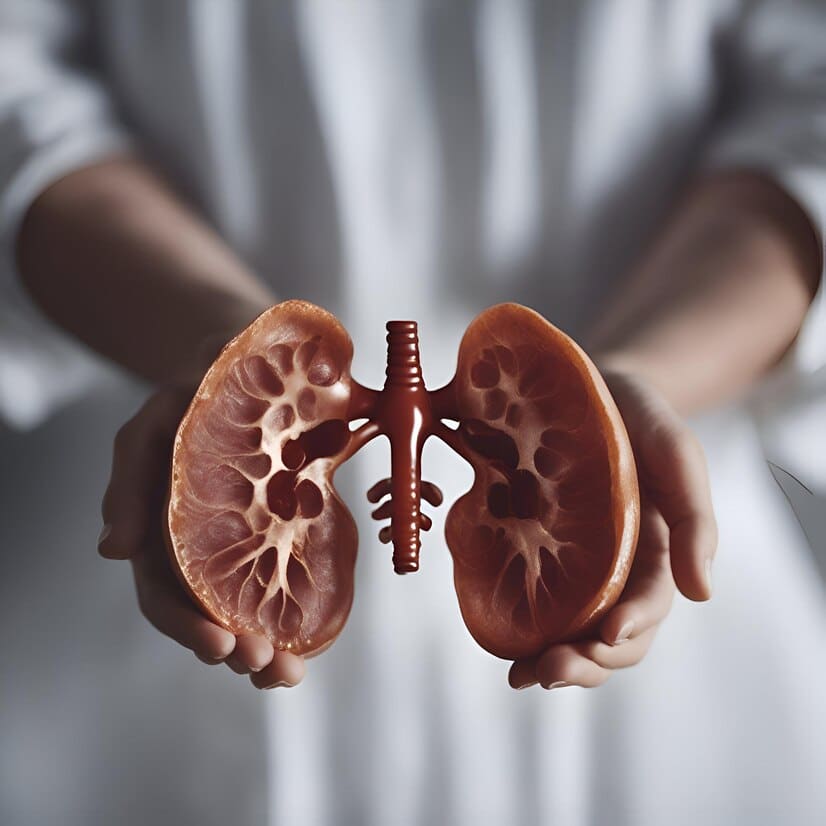As we age, it becomes increasingly important to prioritize our health, especially when it comes to vital organs like the kidneys. In this guide, tailored specifically for seniors, we delve into the essential strategies to prevent kidney ailments. Join us on this journey to empower our beloved seniors with the knowledge and tools they need to maintain optimal kidney health. Brought to you by Westmont of Santa Barbara, located in Goleta, CA, we’re dedicated to promoting wellness and vitality among seniors in our community.
1. Stay Hydrated
Proper hydration is fundamental for kidney health, as it helps flush out toxins and waste products from the body. Seniors should drink at least eight glasses of water daily, adjusting based on individual needs and activity levels. Additionally, consuming hydrating foods such as fruits and vegetables can improve overall hydration.
2. Maintain a Balanced Diet
A nutritious diet plays a crucial role in preventing kidney ailments. Seniors should incorporate many fruits, vegetables, whole grains, and lean proteins into their meals. Limiting sodium, processed foods, and sugary beverages can help reduce the risk of hypertension and kidney disease. Furthermore, monitoring protein intake, particularly for individuals with pre-existing kidney conditions, is essential for kidney health.
3. Monitor Blood Pressure
Hypertension, or high blood pressure, is a leading cause of kidney damage. Seniors should regularly monitor their blood pressure and work with healthcare professionals to manage it effectively. Lifestyle modifications such as regular exercise, stress management, and medication adherence can help control blood pressure and protect kidney function.

Monitor Blood Pressure
4. Maintain a Healthy Weight
Excess weight strains the kidneys and increases the risk of developing kidney disease. Seniors should strive to maintain a healthy weight through a balanced diet and regular physical activity. Walking, swimming, or yoga can support weight management and promote well-being.
5. Avoid Smoking and Limit Alcohol Consumption
Smoking and excessive alcohol consumption can have detrimental effects on kidney health. Seniors should refrain from smoking and limit alcohol intake to protect their kidneys from damage. Quitting smoking and reducing alcohol consumption can improve overall health and decrease the risk of kidney ailments.
6. Regular Exercise
Physical activity benefits kidney health by improving circulation, reducing stress, and helping maintain a healthy weight. Seniors should aim for at least 150 minutes of moderate-intensity weekly exercise, incorporating walking, cycling, or dancing activities. Strength training exercises can also help improve muscle tone and support overall mobility.
7. Schedule Regular Check-ups
Routine medical check-ups are essential for monitoring kidney function and detecting potential issues early on. Seniors should schedule regular appointments with their healthcare provider to assess kidney health through blood tests and urine analysis. By staying proactive and vigilant, seniors can take control of their kidney health and prevent serious complications.
Frequently Asked Questions
- Can kidney ailments be hereditary?
Certain kidney conditions can have a genetic component, increasing the risk of developing kidney ailments for individuals with a family history of kidney disease. Seniors must know their family medical history and discuss concerns with their healthcare provider.
- Is it possible to prevent kidney ailments entirely?
While some kidney conditions may be unavoidable, adopting a healthy lifestyle and following preventive measures can significantly reduce the risk of developing kidney ailments. Seniors can proactively protect their kidney health by prioritizing hydration, a balanced diet, and regular exercise.
- How often should seniors have their kidney function tested?
Seniors should consult with their healthcare provider to determine the appropriate frequency for kidney function testing based on their individual health status and risk factors. Generally, routine check-ups every six to twelve months may be recommended to monitor kidney health.
Takeaways:
- Proper hydration is essential for kidney health; aim for at least eight glasses of water daily.
- Maintain a balanced diet rich in fruits, vegetables, and lean proteins while limiting sodium and processed foods.
- Regularly monitor blood pressure and strive to keep it within a healthy range.
- Maintain a healthy weight through diet and exercise to reduce the strain on the kidneys.
- Avoid smoking and limit alcohol consumption to protect kidney function.
- Engage in regular physical activity, aiming for at least 150 minutes weekly.
- Schedule routine check-ups with healthcare providers to monitor kidney function and detect any issues early on.
In conclusion, safeguarding seniors from kidney ailments requires a holistic approach encompassing lifestyle modifications, regular monitoring, and proactive healthcare management. By following these seven vital steps, seniors can prioritize their kidney health and enjoy a higher quality of life. For personalized guidance and support on maintaining kidney health, contact Westmont of Santa Barbara at 805-845-4921. Let’s empower seniors to take charge of their well-being and thrive in their golden years.








